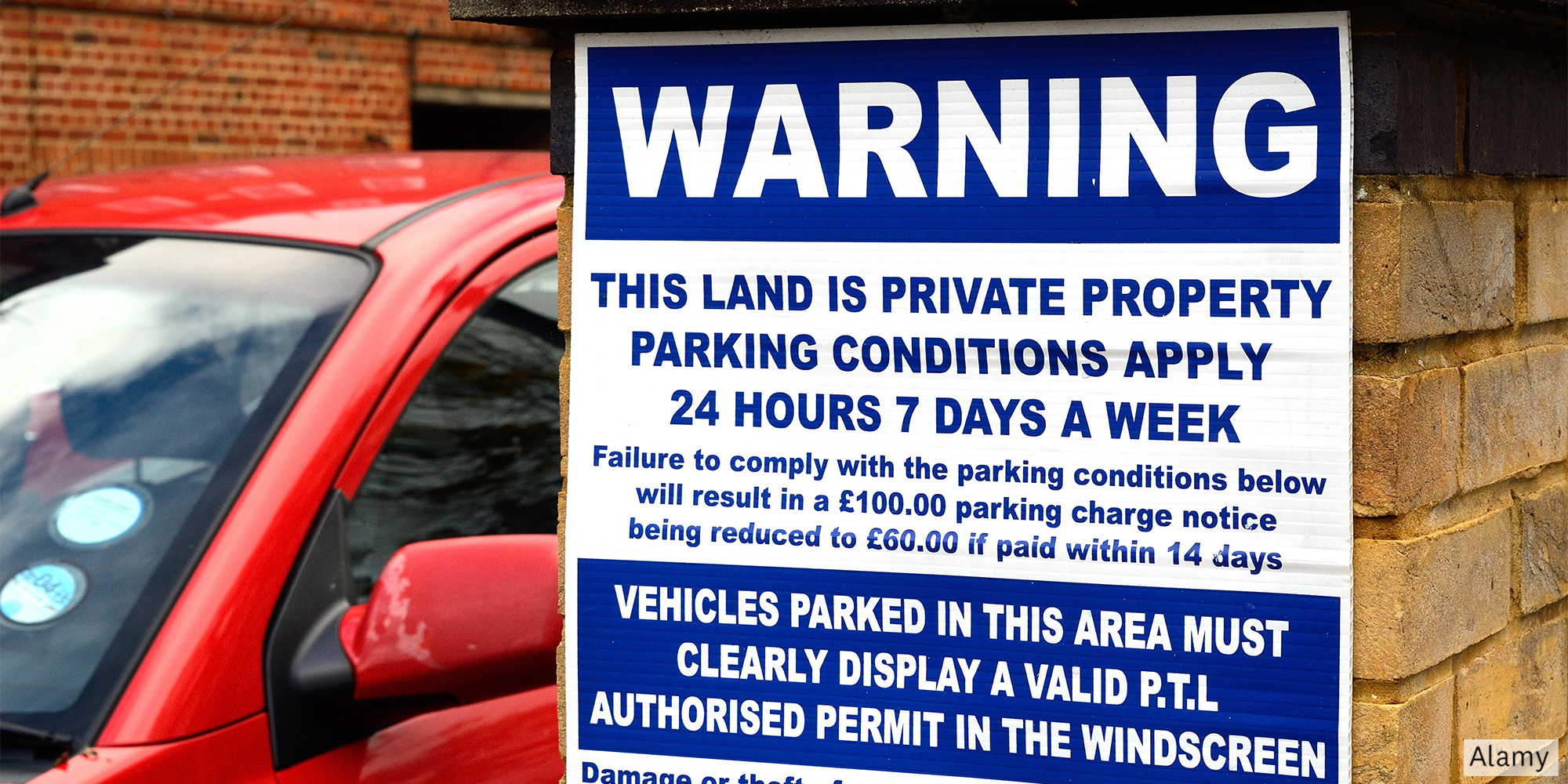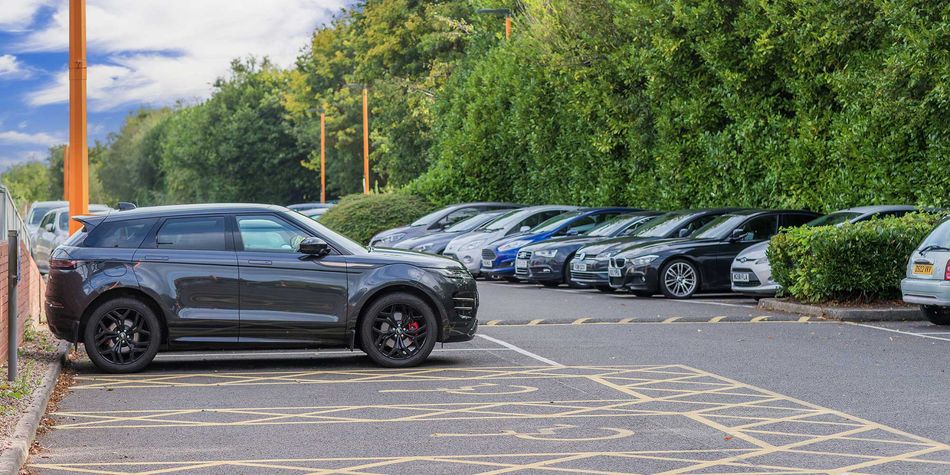Parking fines: Which? calls for tougher rules to protect motorists

Which? is calling on the government to use the new Private Parking Code of Practice to raise standards and stop unfair fines.
The government’s proposed Code, covering rules around signage, debt recovery caps and appeals processes, will replace the industry’s self-set code of practice in a bid to create a fairer and more transparent system.
A proposed Code was first announced in February 2022. But it was withdrawn later that year, after the industry issued legal proceedings against the proposals to change maximum fines and ban additional fees.
For many years, Which? has highlighted an ongoing rise in private parking fines and drivers' frustrating experiences when trying to appeal unjust charges.
Responding to the government's consultation on its new proposed Code, Which? is calling for several robust measures to be included to battle unfair fines and raise standards.
Read on to find out how the Code might change private parking and what you can do if you've been unfairly fined.
Curbing unfair parking fines
Whether it's unclear signage, inconsistent payment methods, faulty pay machines or apps that rely on you having sufficient phone signal, it often feels like you’re being set up to fail when using a private car park.
Even if you make an honest mistake, perhaps misreading a car park's confusing T&Cs or mistyping your vehicle registration number, your £3.50 charge for a two-hour stay at a car park can quickly snowball into a hefty fine and a headache – and that’s before those worrying debt recovery letters start arriving.
Under the new government Code, which will apply to all private parking firms, Which? is calling for a series of changes to curb unfair fines before they're issued.
We want to see signage rules standardised across all car parks (including a specified minimum size for text), as well as the banning of parking charges that are issued to motorists who make a full payment before leaving a car park run by Automatic Number Plate Recognition (ANPR) cameras.
In the event of mitigating circumstances (for example, a medical emergency or a vehicle breakdown), Which? believes your fine should be cancelled, not just reduced as is stipulated under the current system.
Which? also thinks it’s unfair that parking firms are allowed to claim debt recovery fees automatically and that these should be stopped – they can add an extra £70 to your fine.
- Read more: are private parking firms playing fair?
Improving appeals for parking fines
Parking fines issued by a private parking firm are actually not fines at all. Some may say they are little more than invoices. However, these notices can be pursued through the courts so they're a little more serious than an invoice.
Though appealing an unfair parking fine is an option, it's easy to see why motorists don't always want to take the risk – particularly when you're offered a 40% reduced rate if you pay the charge within the first two weeks.
We often hear from motorists who feel they've been unfairly fined, but concede that it's easier to cough up the lower fee than risk losing the appeal and then having to pay the full £100. It's a system that is pitted against them.
If you decide to appeal the fine, it's far from straightforward. There are two different routes for challenging the charge, depending on the trade body of the car park, and contacting the private parking firm can be challenging.
Which? strongly supports the government’s proposal for an independent, single appeals service to replace the two existing second-stage appeals processes, making it simpler for drivers to challenge fines they believe have been wrongly issued.
We're calling on the government to now make swift progress to introduce the Code to better protect the vast majority of motorists who use car parks in good faith. Read the Which? response to the Private Parking Code of Practice.
- Find out more: how to appeal a private parking fine
'APCOA's customer service channels are unreachable'
Peter Marsh, from Bury St Edmunds, added on a package of extras when booking a recent holiday, which included valet parking at Stansted airport.
He used the service in June without any issue, but was surprised when he received two letters from a debt collection agency alleging that he'd driven through the drop-off area at Stansted without payment.
After receiving the letters, which had initially been sent to his old address, Peter immediately contacted the debt collection agency. It directed him to APCOA, the firm managing Stansted's private car park.
Peter tried contacting APCOA via email, telephone and live chat, as well as sending letters, but he was unable to get through to anyone. 'APCOA's customer service channels are effectively unreachable,' Peter said. 'I'm worried this unresolved matter will lead to even larger fines.'
Stansted then contacted Peter, stating that it was aware of an administration error affecting a small number of valet vehicles, which triggered the fine process via APCOA. Stansted then requested the fine to be cancelled directly with APCOA.
But even after Stansted contacted APCOA – and reassured Peter that he would no longer receive correspondence from them – the parking firm continued chasing him for a second charge.
APCOA told Which?: 'We are in touch with the customer directly – the first of the charges has already been cancelled and we are currently awaiting additional information from the customer regarding the second.'
Which? took this up with APCOA again, and it then cancelled both charges against Peter's name. APCOA added: 'We acknowledge that this has been a very frustrating experience for Mr Marsh and will be conducting a thorough review of the case management. The reason that the matter was progressed to debt recovery was because the customer did not respond to our initial letters. Correspondence is sent to the address held by the DVLA and it is the registered keeper’s responsibility to keep their details updated.’
Three steps to appeal a PCN
- You must initially appeal to the car park operator that sent you the charge. You can use our free template letter or parking fine complaints tool to draft your response. You could also write to the landowner to strengthen your appeal. If you were issued a fine in a car park that’s linked to a retailer or business, you can ask it if it would support your appeal or appeal on your behalf. Include as much evidence as possible, such as photos of signs that were unclear, broken ticket machines or witness statements.
- If this is rejected, you can appeal to one of the two independent adjudicators. It will be POPLA if the operator is a member of the BPA, or the IAS if the operator is a member of the IPC. As appeals typically take more than 14 days to resolve, you won’t be able to pay the discounted rate, but you shouldn’t be asked to pay the charge while it’s being disputed.
- If the adjudicator agrees with your appeal, the charge will be cancelled. If not, the operator can continue to ask you to pay the charge and could take you to court. If you go to court and lose, you’ll have to pay the fine and possibly court costs.
Appeal your parking ticket
If you’ve been issued with a parking ticket you think is unfair, you have the right to challenge it. Create your appeal letter.
Start your appeal


